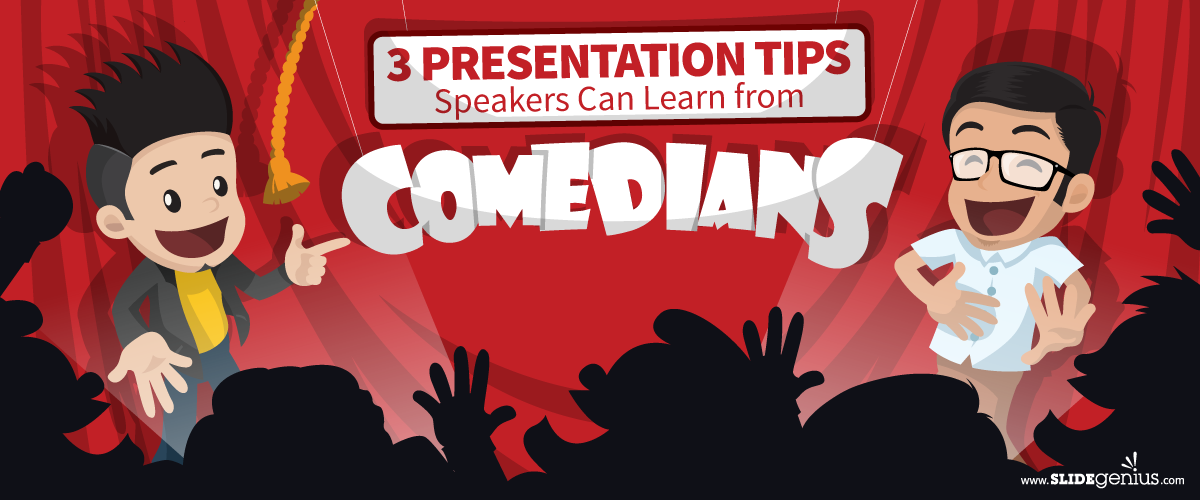
For a business to be sustainable and successful, every salesperson has two responsibilities: to sell effectively, and look for new prospects.Some focus on emphasizing their brand’s benefits, yet fail to consider how customers make decisions. While doing the former can contribute in convincing your prospects to purchase your offer, knowing what factors that trigger their decision-making is way too different.There’s nothing wrong with focusing on your brand. In fact, this makes it easier to introduce your brand to clients by highlighting its own competitive advantage.But the latter should be your main priority. Understanding the five influencers of consumer behavior allows you to meet their expectations and better improve your marketing strategy. It also increases your chances of building relationships and boosting your sales.Consider the following aspects every customer has in mind:
1. “Is this person trustworthy?”
Selling yourself matters most in sales or business pitches. If people don’t show interest in you, it’ll be difficult to convince them to listen.Expanding your personal brand is crucial to building your professional image, and boosting your credibility in the field. This can be done by providing information about your business, while acknowledging their presence and showing your willingness to listen.Develop a personal connection with your customer base as if you’re wooing them or asking for a date.This also makes yourself likeable and trustworthy by stating your current business standing to impress your clients. Quarterly sales results or latest market shares are good examples to start with.
2. “Is the business credible?”
Once you succeed in making a good impression, time to reassure them of your business’ position in the market and consider other people’s feedback about the brand.Tricks like sharing your company history, experiences, and different awards received are only few of the many ways to establish your brand’s reputation. You can also show your past records, such as sales figures, successful product launch, and increased demands, to strengthen the brand’s image.Include some testimonials from satisfied customers and share how the product or service had helped them to prove your business’ strong points.
3. “Is the product or service beneficial?”
Knowing your customers’ concerns involves aligning their needs with what your brand can offer.It involves asking relevant and open-ended questions like “What particular benefits are you expecting from this brand?” which could motivate them to share their personal concerns. Probing questions also help you think of solutions that meet their expectations and satisfy their needs.Taking time to listen to their questions shows your interest and makes them feel valued. Make sure to know their preferences to help you recognize what would be best for them.
4. “Is it worth buying?”
It’s also common for customers to ask about a product or service’s price and worth.There’s no better solution to this than emphasizing your brand’s benefits and proving it better from any competition.Focus on their needs and present yourself as the only answer to their question, instead of reiterating your competence.Give them reasons to buy from you without being too forceful or aggressive. For instance, you can tell them your offer will help them save twice as much time and effort, compared to the other brand.
5. “Is it the right time to purchase?”
You may be able to instill positive impressions and address their needs in one sitting, but the right timing also matters to make them buy your product or service.Sometimes, you won’t get an immediate decision, that’s why you need the patience to give the impression that you respect them. An article from Boundless recommends telling your prospects that you’ll be conducting follow-ups after the initial transaction. You can say, “After a week or two, let’s meet up and discuss any of your concerns.” This tells the prospect that you respect his decision, and are interested in meeting his needs more than yours.Let them decide and wait until you get that much-awaited feedback.
Conclusion
Selling is serious business. You don’t just meet with clients to showcase your brand. You need to carefully understand what influences them to make purchase decisions. Also answering all the questions they have in mind will help you make sales and foster good relationships with them.Making yourself likeable is important to make a good impression and convince them that you’re professional, credible, and trustworthy.Share your exceptional work by highlighting different awards and recognition that your business received to help them know about your brand.Mention how your product and services will meet their needs and bring satisfaction to them. This will help convince clients that their needs are your priority, and you want to give the best.Emphasizing your brand’s benefits and respecting their decisions will enable them to feel that you care about them.To get your clients to agree with you, impress, incentivize, and do follow-ups to stay in contact with them.Let our team help and assist you with your presentation needs by giving you a free quote!
References
“Are You Helping Your Customers Decide To Buy?” Lifestyle Tradie. April 20, 2015. Accessed December 14, 2015. www.lifestyletradie.com.au/helping-customers-decide-buy“Following Up.” Boundless. n.d. Accessed March 11, 2016. www.boundless.com/marketing/textbooks/boundless-marketing-textbook/personal-selling-and-sales-promotion-14/the-personal-selling-process-91/following-up-456-6620“How Do Customers Decide to Buy?” TinderBox. August 24, 2012. Accessed December 14, 2015. www.gettinderbox.com/how-do-customers-decide-buyJames, Geoffrey. “How Customers Decide to Buy.” Inc.com. June 22, 2012. Accessed December 14, 2015. www.inc.com/geoffrey-james/how-customers-decide-to-buy.html Featured Image: “Customer” by 10ch on flickr.com
